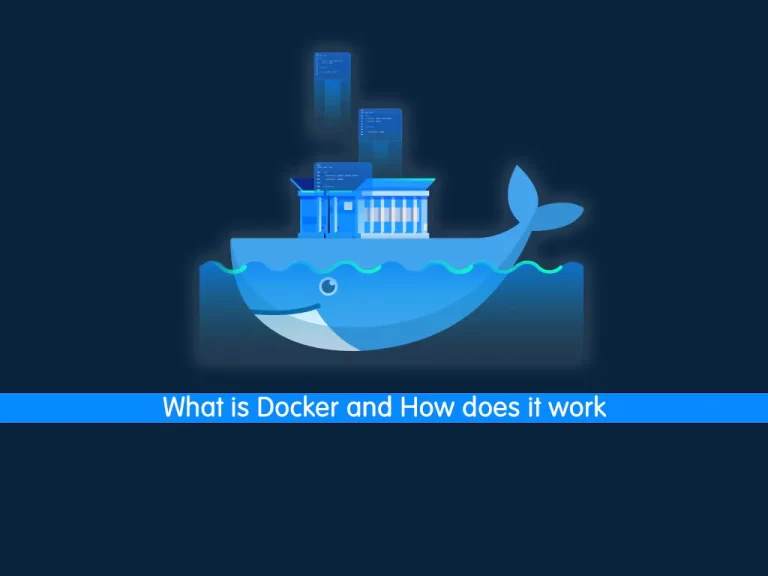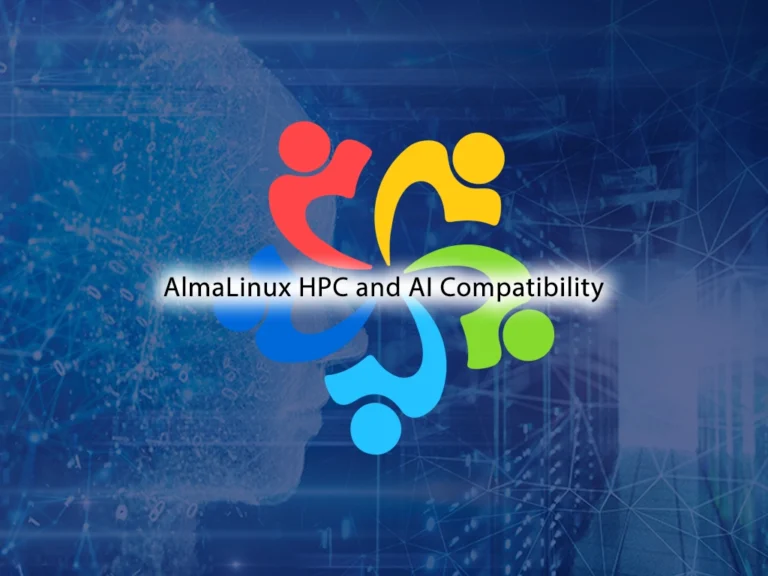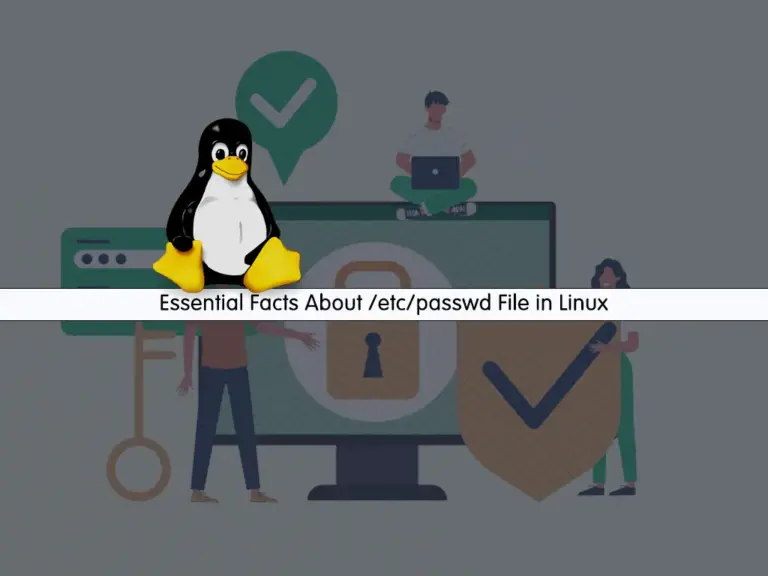Share your love
Discover the Top 7 Backend Web App Frameworks of 2024
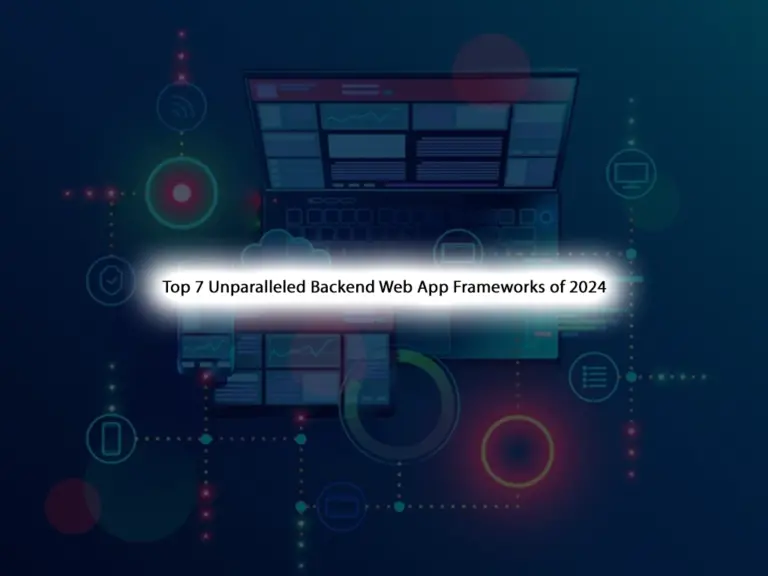
This guide from the Orcacore website intends to Discover the Top 7 Backend Web App Frameworks of 2024. A web application framework is a software framework that is designed to support web apps by providing a structured way to build and deploy web apps. Also, these frameworks include libraries, tools, and conventions that streamline common tasks and promote code reuse, scalability, and maintainability. The most common features of web app frameworks include:
- HTTP Request Handling
- URL Routing
- Template Engines
- Database Integration
- Session Management
- Form Handling and Validation
- Security Features
- Middleware
- RESTful API Support
Table of Contents
What is a Backend Web App Framework?
The backend web application framework is used for server-side components of web applications. It provides tools, libraries, and conventions for implementing server-side logic, handling HTTP requests and responses, interacting with databases, and managing application state.
Discover the Top 7 Backend Web App Frameworks of 2024
At this point, you can proceed to the steps below to explore the Top 7 Backend Web App Frameworks of 2024 including Django, Ruby on Rails, Flask, Laravel, Express.js, ASP.NET Core, and Spring.
Number 1 – Django Backend Development in Python
The first framework is Django. It is an open-source and high-level Python framework. Django is designed to build the server-side components or backend of web apps. Also, it provides amazing tools and features to enable developers to create web apps quickly and securely.
Django is one of the most popular choices for backend development in Python.
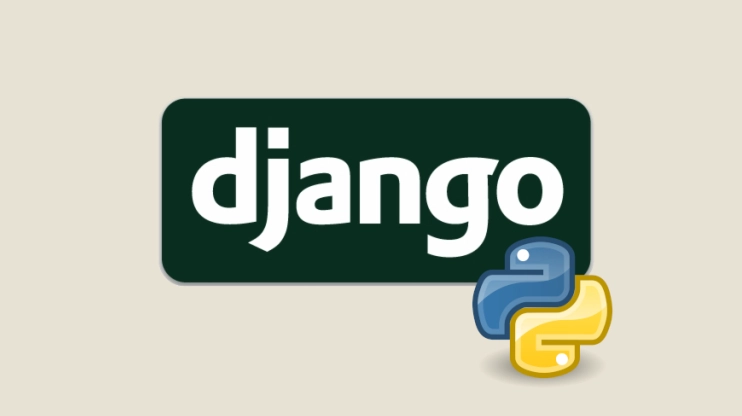
Here we provide you with some Django installation guides on Linux that you can easily set up and configure:
- Install Django on AlmaLinux 9
- Set up Django on Ubuntu 22.04
- Install and Configure Django on Debian 11
Number 2 – Rails Popular Backend Web App Framework
Another Top 7 Backend Web App Frameworks that you can use for your backend is Rails. It is also known as Ruby on Rails. Rails is an open-source web app framework written in the Ruby programming language. It follows the Model-View-Controller (MVC) architectural pattern and emphasizes convention over configuration. Rails allows developers to build web applications quickly and efficiently.
It is a popular choice for startups, enterprises, and developers worldwide.
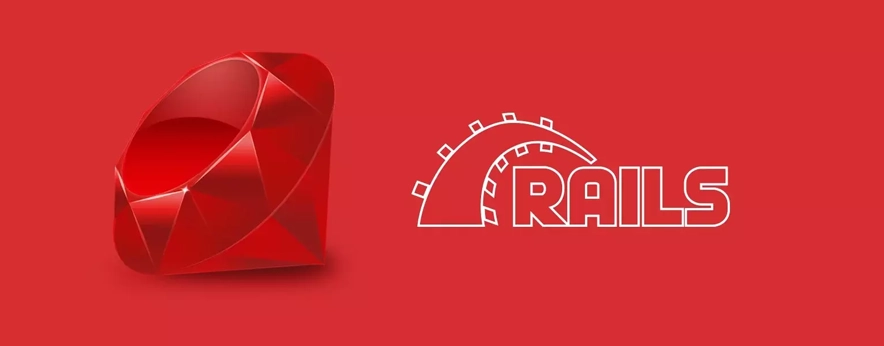
At this point, you can check the following Rails installation guide on Linux and get more information:
- Install Ruby on Rails on Debian 12 Bookworm
- Set up Ruby on Rails with rbenv on Ubuntu 22.04
- Install Ruby on Rails on AlmaLinux 9
Number 3 – Flask Backend Deployment for Python
Flask is a lightweight and flexible web application framework for Python. It is designed to be simple, easy to learn, and highly customizable. Also, it is an excellent choice for building web applications of all sizes and complexities.
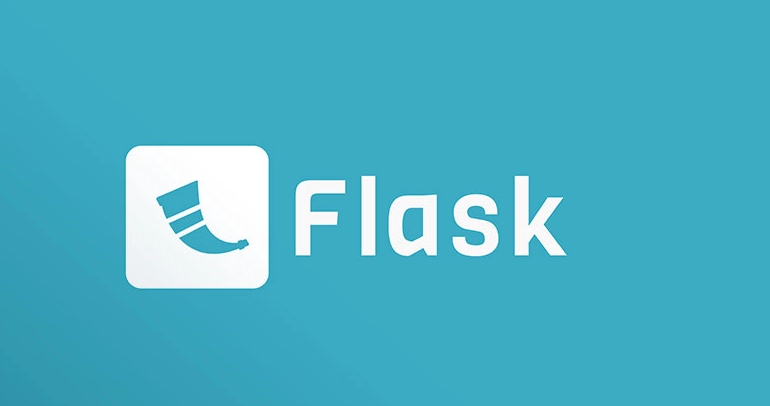
You can check the Flask installation setup guide on Linux to get more information and usage:
Number 4 – Laravel Web App Framework for PHP
At this point, we want to introduce another popular Top 7 Backend Web App Frameworks called Laravel. Laravel is an open-source PHP web application framework. Its expressive syntax, features, and thriving community make it a popular choice for web development projects of all sizes.
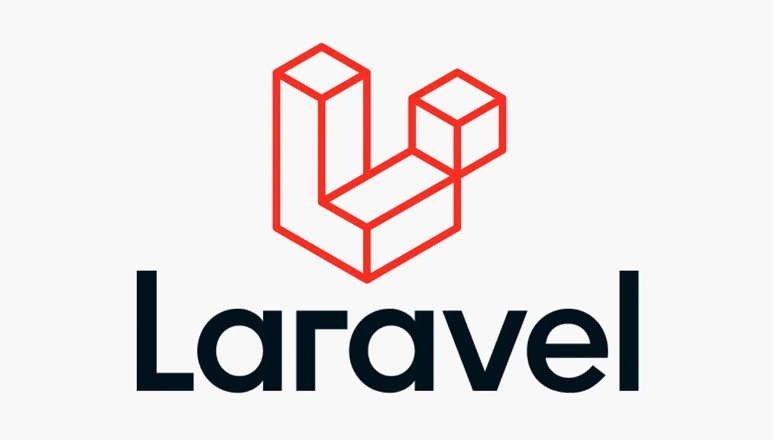
You can easily install and configure Laravel on your system. Here are some guide setup for Laravel on Linux:
- Install Laravel with LAMP Stack on Debian 12 Bookworm
- Set up Laravel on Rocky Linux 9
- Install and Secure Laravel on AlmaLinux 8
Number 5 – Express Backend Web App Framework for Node.js
At this point, you can get familiar with another Top 7 Backend Web App Frameworks called Express also known as Express.js. It is a flexible web application framework for Node.js, a server-side JavaScript runtime environment. Also, it provides features for building web applications and APIs, including routing, middleware, template rendering, and more.
You can consider it a good choice for building modern web applications and microservices.
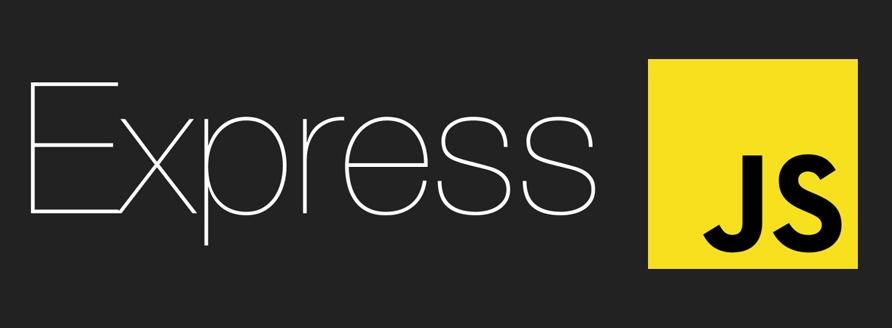
To get more information and usage, you can visit the Express official website.
Number 6 – ASP.NET Core Web App Framework
ASP.NET Core is an open-source, cross-platform framework for building modern, cloud-based web applications and services using the C# programming language. It is a redesign of Microsoft’s ASP.NET framework and represents a significant evolution in both architecture and features.
Also, it interacts with modern web technologies such as Angular, React, Vue.js, and Blazor. It allows developers to build rich, interactive, and responsive web applications using their preferred front-end frameworks.
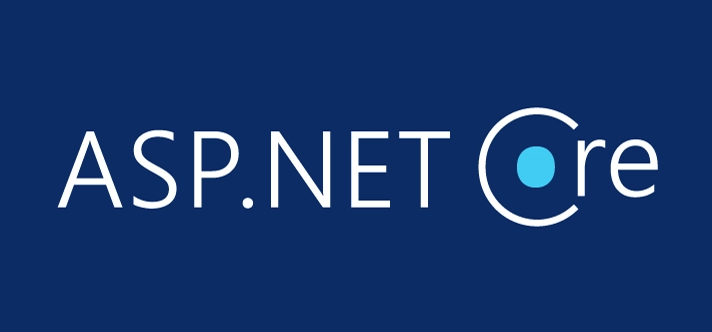
Number 7 – Spring Framework for Java Apps
If you are looking for a framework that can be used for building Java apps, you can use Spring. Spring is a widely used open-source framework for building enterprise-level Java applications. Also, it provides features for dependency injection, aspect-oriented programming, data access, transaction management, and more.
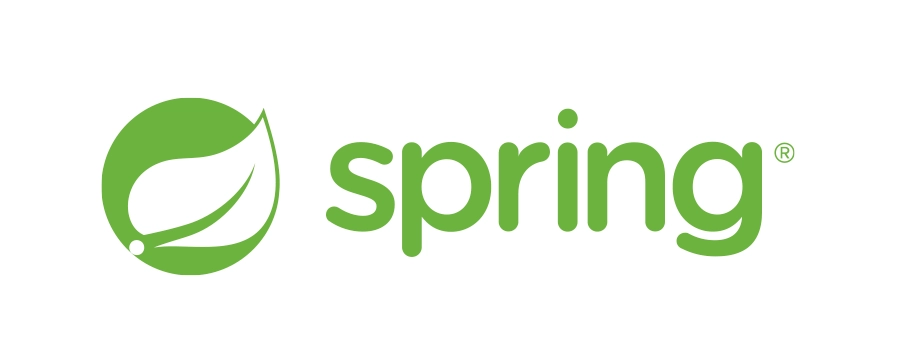
Because of its amazing features, it is a popular choice for enterprise-level Java development.
Final Words on Unparalleled Web Application Frameworks of 2024
In conclusion, the Top 7 Backend Web App Frameworks of 2024 represent cutting-edge technologies and advancements in web development. Each framework offers unique features, strengths, and capabilities that are the needs of modern web applications. Hope you enjoy it.
Also, you may like to read the following articles:
Top 5 Open Source DNS Servers For Linux and Windows
Top 5 Free Web Browsers for Linux

